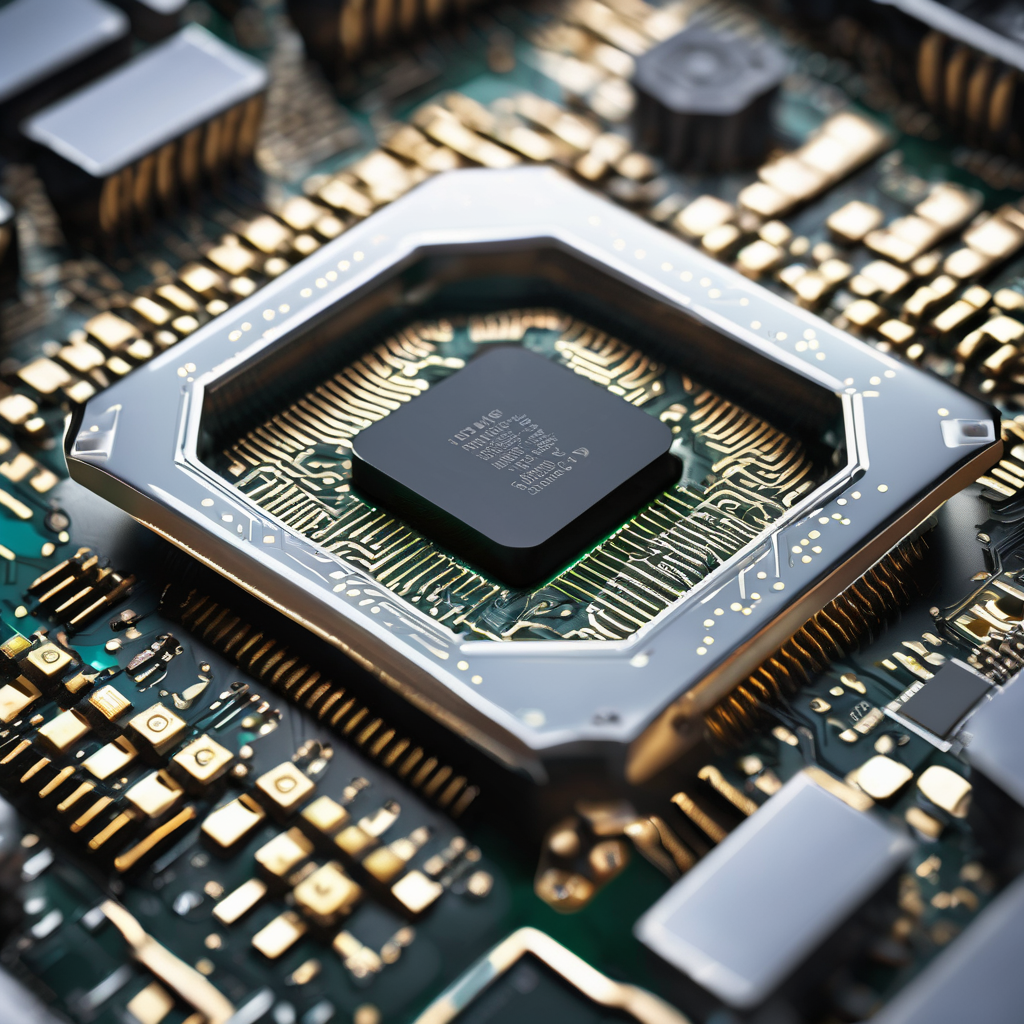At the recent Huawei Connect 2025 event in Shanghai, Huawei unveiled ambitious plans for the next generations of its Ascend chip lineup and offered a glimpse into its deployment strategies in pods and impressive compute clusters.
Speaking at the event, Eric Xu, deputy chair of Huawei’s board, highlighted the significance of the year 2025, labeling it as transformative for the company. He referred to the launch of DeepSeek-R1 in January as a pivotal moment. Despite acknowledging that China may lag in semiconductor manufacturing due to several challenges, Huawei aims to forge ahead by enhancing infrastructure design and technologies, while opening up previously proprietary software such as the openPangu foundation AI models and Mind SDKs.
Huawei introduced plans for three new Ascend chip series: the 950, 960, and 970. The Ascend 950PR and 950TO will focus on more efficient processing of low-precision data formats, such as FP8, promising significant improvements in performance and interconnect capacity. The 950 series will be launched in the first quarter of 2026, boasting double the computing power and interconnect capabilities of its predecessors. The Ascend 960 is anticipated in 2027, with twice the computing might of the 950.
Looking ahead to 2028, Huawei plans to release the Ascend 970 chip range with remarkable specs, including a boost in interconnect bandwidth and unprecedented processing power measured in PFLOPs.
The company also revealed its strategic shift away from solely producing powerful individual chips to offering complete computing solutions, termed SuperPoDs. These systems, beginning with the Atlas 950 SuperPoD set for release in late 2026, aim to outperform similar products from competitors like Nvidia.
For general computing applications, Huawei will release Kunpeng 950 processors in 2026, along with the TaiShan 950, which is being hailed as the world’s first general-purpose computing SuperPoD.
Huawei’s UnifiedBus 2.0, an upgrade to the UnifiedBus interconnection technology, will be open-sourced and integrated into these new SuperPods and SuperClusters, beginning with the Atlas 950 SuperCluster.
In the next few years, Huawei plans to launch the Atlas 960 SuperCluster with over a million NPUs and extraordinary processing capabilities, marking a significant leap in computing power. This initiative addresses the growing demand for advanced computational solutions in computing and AI.
These developments underscore Huawei’s commitment to technological advancement amid geopolitical and economic challenges. The company’s focus on open-source technology and collaborative innovation could foster a broader ecosystem of technological development, helping it remain competitive on the global stage.
